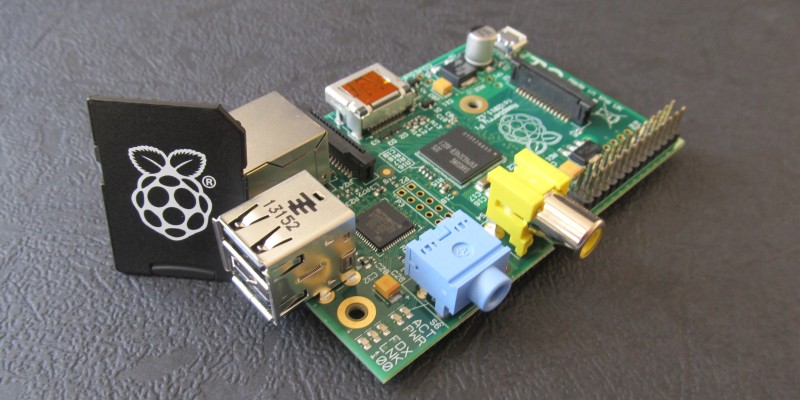Course content:
- Future internet, Projecting smart environments
- Internet of intelligent things – development of smart cities services
- Internet of intelligent things – development of smart cities services
- Internet of intelligent things – development of smart cities services
Topic content: IPv6, security and other protocols of future networks. Ubiquitous computing, intelligent devices and communication between machines.
Projecting smart environment. Smart home, smart classes, smart cities, smart cars.
Topic content: Introduction with Linux environment and work with Raspberry Pi microcomputer. Programming language Python and writing program for reception and processing of seasonal loadings. Realization of smart environment using Raspberry Pi and Arduino platforms. Development of smart traffic services.
Topic content: Work with Arduino microcontroller and analog sensors. Web service development for work with sensors. Integration with the IoT platform. Development of smart e-health.
Topic content: Smart e-education. Using wider reality.
Course is free of charge for all participants. Theoretical and practical teaching will be organized in cabinet 304 at Faculty of Organizational Sciences. All the participants are obliged to take a project related to the areas within the course.
Each participant who attends the classes and successfully completes the final project receives a certificate in the end of the course. For students or future students of Faculty of Organizational Sciences, the part of pre-exam obligations on one of the Elab subjects (depends on level of study) will be considered as completed, based on received certificate:
- Internet of intelligent things – undergraduate studies
- Selected chapters from Internet of intelligent things – master studies
- Ubiquitous computing and Internet of intelligent things – particular postgraduate studies
- Internet of intelligent things – selected chapters – PhD studies
 Department of e-business University of Belgrade, Faculty of organizational sciences
Department of e-business University of Belgrade, Faculty of organizational sciences

